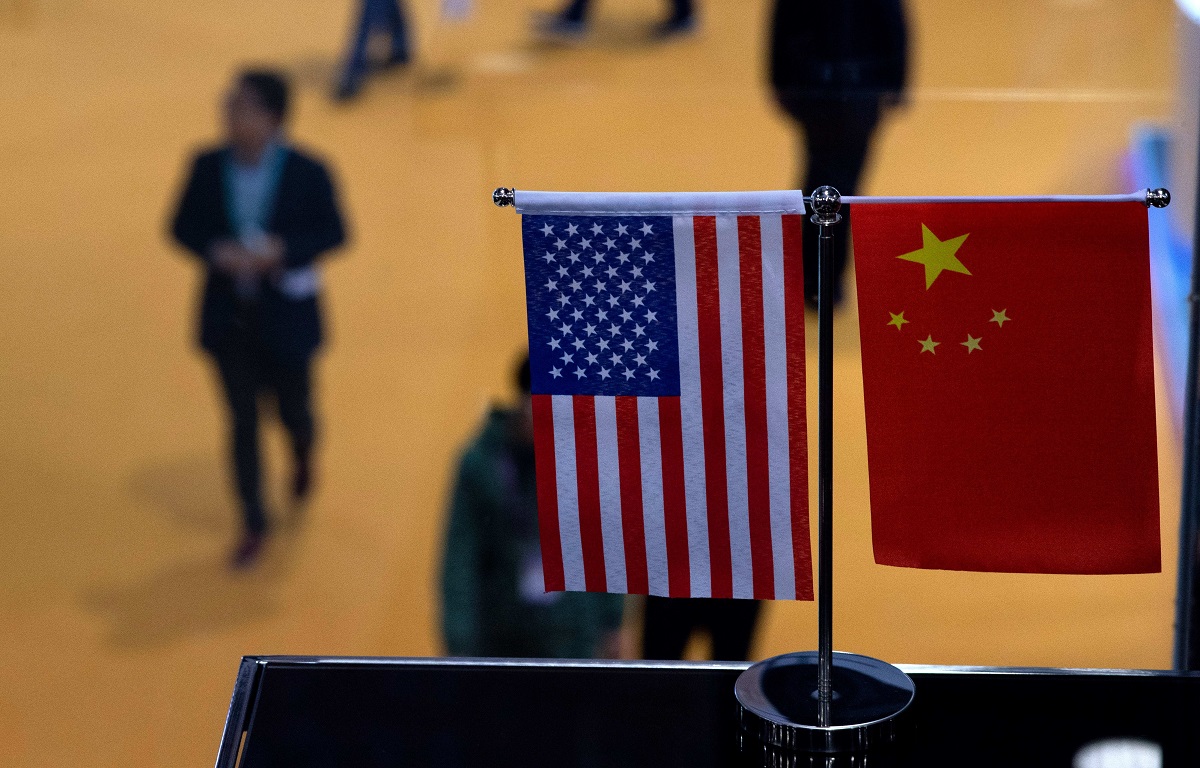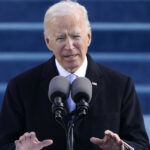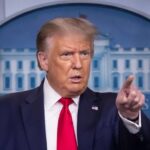The breakup of the Soviet Union (USSR) in 1991 marked the end of the Cold War era between it and the United States, which had lingered for more than four decades.
The world had split into two main blocs: the Western Capitalist bloc led by the United States, and the Eastern Socialist bloc led by the USSR. That was notwithstanding the so-called Non-Allied Movement, which, though included most of the world’s countries, couldn’t defuse the then prevailing Cold War tensions in the world. After all, they were mere developing countries, which rightly realized that their individual and collective interests lay in being on good terms with both superpowers. Yet, hardly any of them was neutral in the real sense; each country actually aligned with either the US or USSR but without being openly unfriendly to the other.
- Royal Tussle: Family drags Abiodun, kingmakers to court over ‘imposition’
- Printers institute seeks FG assistance for forex
It was an era of constant tensions between the two military superpowers that kept the whole world in the persistent nightmare of a looming full-scale war between them; a war which would have caused the annihilation of most of mankind, not necessarily due to direct exposure to the actual battle but the due to the sheer damage that radiological, chemical, biological, nuclear and other weapons of mass murder would have inflicted on the nature and natural resources.
Interestingly, however, though both countries were always threatening each other, neither was actually serious after all, for both, deep down, realized that a full-scale war between them would definitely end as what military strategists call Mutually Assured Destruction (MAD). Besides, the fear both countries had subjected the world to enabled them to economically exploit and politically manipulate their respective allies on the pretext of protecting them.
Anyway, though many countries sprang out of the collapsed Soviet Union, Russia, in particular, ended up inheriting all the Union’s most dangerous weapons including nuclear weapon stockpiles. Yet, the Cold War vanished as socialism, the driving ideology of the USSR, fizzled out.
Since then, the United States has enjoyed practically unrivalled influence on the world stage. This is even though over the past two decades President Vladimir Putin of Russia has managed to assert Russian influence in international politics by leveraging the legacy of the former Soviet Union. However, being economically too far behind the US, Russia doesn’t have what it takes to rival the US in global influence, in the long run. The economy of the US state of California alone, for instance, is larger than the whole Russian economy even though Russia is the largest country in the world.
That’s why the US is particularly worried about China’s potential to grow into a formidable challenger to its global influence. After all, unlike Russia, China, which already has the world’s second-largest economy after the US, and is, in fact, expected to overtake it, has what it takes to indeed rival the US in this regard, and even overtake it eventually.
Besides, China’s ambitious and relentless military buildup and growing commitment to manufacturing super sophisticated conventional and non-conventional weapons and other military equipment suggest its determination to rival the United States in military power. Also, though it’s still quite far from there while the US continues to advance further militarily, the rate at which China is equally advancing poses a serious challenge to the US military superiority in the world.
The US is increasingly concerned anyway knowing the implications of China’s potentially dominant economic and military power on its global influence. Interestingly, as I have always argued, notwithstanding the supposed sophistication of the modern age, military power remains the underlying determinant of a country’s influence in international politics. That’s why, due to their relative weakness militarily, countries like Japan and Germany, which have the third and fourth world’s largest economies respectively, lack influence befitting their respective strength economically and technologically. That also explains why countries with geopolitical or global ambitions prioritise appropriate military buildup, sometimes even at the expense of their economic wellbeing, in pursuit of geopolitical or global influence.
Anyway, since the beginning of the Joe Biden administration earlier this year, the US-China face-off has persistently escalated. His predecessor, Donald Trump focused more on the trade aspect of the face-off. Because the Wall Street-inspired businessman-President, who looked at things strictly from a profit-loss perspective, wasn’t enthusiastic about any US foreign commitment he believed wasn’t worth the funds spent on it, regardless of its real or perceived significance in maintaining US dominance on the global stage. Instead, fetching money to the US treasury was all that mattered to him. He was ruthless in his characteristic extortionist approach that spared no one including the US traditional allies in Europe, who he insisted increase their budgetary contribution to NATO to keep US commitment to “protecting them”, and other US allies in the Middles East and Asia e.g. the Arabian Gulf States, Japan and South Korea, which he equally demanded pay more in return for continued US military “protection”.
However, with the return of the status quo ante in Washington, which President Biden represents, the US is now fully back on its established foreign policy; it’s now particularly hell-bent on undermining China’s rise in military power. It has been reducing its military commitments in various parts of the world and reinforcing its naval, ground and air force bases scattered all-around China and international waters.
Meanwhile, as tensions grow between the two giants, another Cold War-era looms on the horizon while proactive countries are considering different strategies that would safeguard their respective interests in the imminent China-US Cold War without having to align with either against the other.

 Join Daily Trust WhatsApp Community For Quick Access To News and Happenings Around You.
Join Daily Trust WhatsApp Community For Quick Access To News and Happenings Around You.


